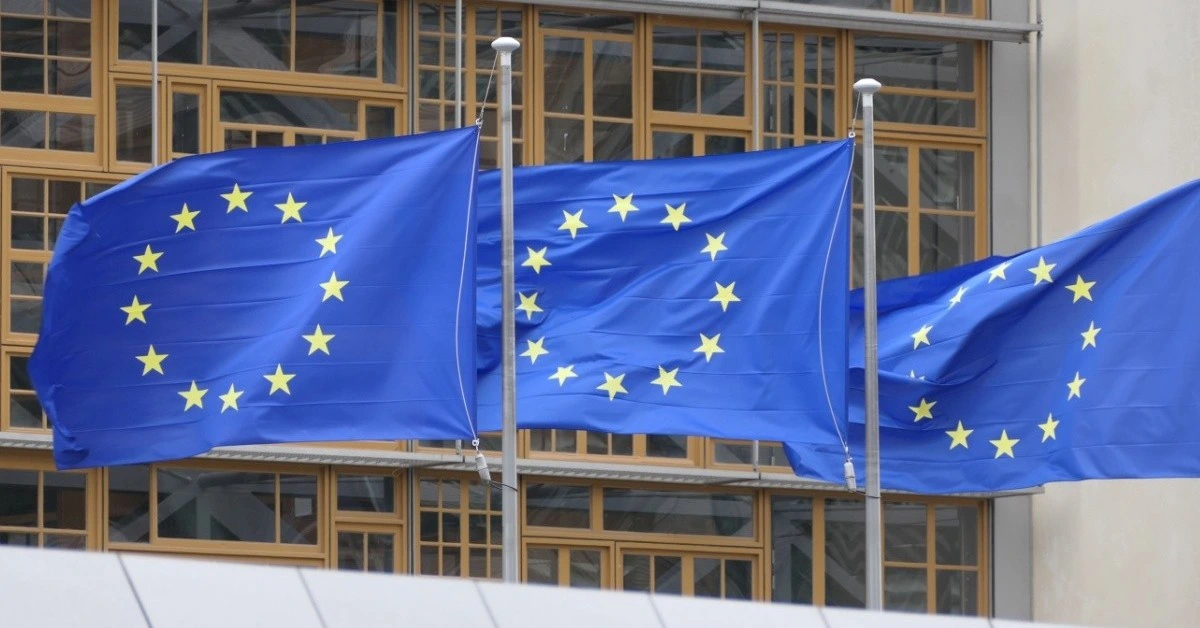
BELGIUM – The European Union (EU) is set to announce a decision by December 6 on whether to approve Novo Holdings’ proposed US $16.5 billion acquisition of Catalent, a major contract drug manufacturer.
This follows a formal request for EU clearance filed by Novo Holdings, the parent company of Novo Nordisk, on October 31.
EU antitrust authorities have several options, including full approval, conditional approval, or launching a comprehensive four-month investigation if significant competition concerns arise.
This acquisition, which was first announced in February, comes as part of Novo Nordisk’s broader strategy to expand production of its highly demanded obesity treatment, Wegovy.
However, the deal also faces scrutiny from global regulators. In addition to the EU, the U.S. Federal Trade Commission (FTC) is conducting its own investigation into the acquisition, with a decision expected by the end of the year.
Complicating the transaction further, Novo Holdings also plans to sell three of Catalent’s fill-finish sites to Novo Nordisk for US $11 billion.
These sites will help Novo Nordisk ramp up production of its blockbuster GLP-1 drugs, Ozempic for type 2 diabetes and Wegovy for weight loss.
Pressure from industry and government
The proposed acquisition has drawn concern from various industry leaders and government officials.
Executives from rival pharmaceutical company Lilly, as well as consumer groups, unions, and even Senator Elizabeth Warren (D-Mass.), have urged regulators to carefully scrutinize the deal, warning it could reduce competition in the market.
“Novo Nordisk’s merger with Catalent will give Novo Nordisk unprecedented control over its competitor’s production capacity, costs, and business practices,” Warren cautioned in a letter to the FTC.
Lilly has voiced concerns over the potential implications of Novo Nordisk’s acquisition of Catalent’s manufacturing sites, given that Catalent is currently an important supplier of manufacturing services for Lilly’s GLP-1 products, such as Mounjaro.
“We do rely on one of the Catalent sites for GLP-1 and other diabetes production,” said Lilly CEO Dave Ricks in a Q2 earnings call.
However, a Catalent spokesperson has clarified that the company is not involved in manufacturing Lilly’s GLP-1 drugs: “No GLP-1 products other than Novo Nordisk’s Wegovy are currently manufactured for commercial sale at any of Catalent’s facilities,” the spokesperson said.
Novo Nordisk responds to concerns
Despite these concerns, Novo Nordisk maintains that the deal will not affect competition in the GLP-1 market.
The company affirmed that “Catalent will still operate close to 50 sites independently and separately from Novo Nordisk” and emphasized that it would “honor all customer obligations” at the three Catalent sites it plans to acquire.
While Lilly’s concerns about the acquisition remain, Novo Nordisk is confident that the transaction will not disrupt its competitors’ use of Catalent’s services, as “Catalent has no role in the commercial manufacturing of Mounjaro and Zepbound.”
XRP HEALTHCARE L.L.C | License Number: 2312867.01 | Dubai | © Copyright 2025 | All Rights Reserved